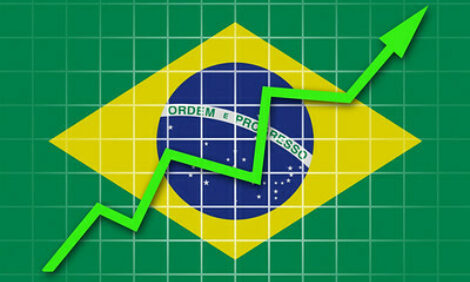



Molecular Methods for Detecting Food Borne Pathogens Replacing Methods Currently Used
CANADA - Farm-Scape: Episode 2199. Farm-Scape is a Wonderworks Canada production and is distributed courtesy of Manitoba Pork Council and Sask Pork.Farm-Scape, Episode 2199
A University of Guelph food science professor says modern molecular methods for detecting the pathogens that can cause food poisoning are gradually replacing the methods currently used.
Molecular methods for detecting food borne pathogens will be among the topics examined next month in Calgary when the Canadian Meat Council hosts a symposium on advanced methods in quality control of meat and meat products.
Scientists currently use culture based methods where they grow the organism on media that selects for a specific pathogen to determine whether or not that organism is present.
Dr. Mansel Griffiths, director of the Canadian Research Institute for Food Safety at the University of Guelph, says molecular methods of detection are easier, faster and more accurate.
"Molecular methods basically detect the genetic sequence that's unique to a particular organism. The advantage of doing that is that we can detect the presence of genes that are responsible for producing the substances that make us sick. It's a much more specific method for detecting the organisms that are actually going to cause illness.
The sorts of organisms that we are interested in detecting in the meat industry are obviously things like salmonella, e. coli, particularly e. coli 157, that's the bug that caused all the problems at Walkerton.
We're also interested in other organisms with strange names such as campylobacter and listeria monocytogenes. All of these can be found in different types of meats at various levels."
Dr. Griffiths says these modern molecular methods of detection are easier to use, they allow scientists to target specific types of organisms, they can be more sensitive than culture techniques and they're faster.
For Farmscape.Ca, I'm Bruce Cochrane.







